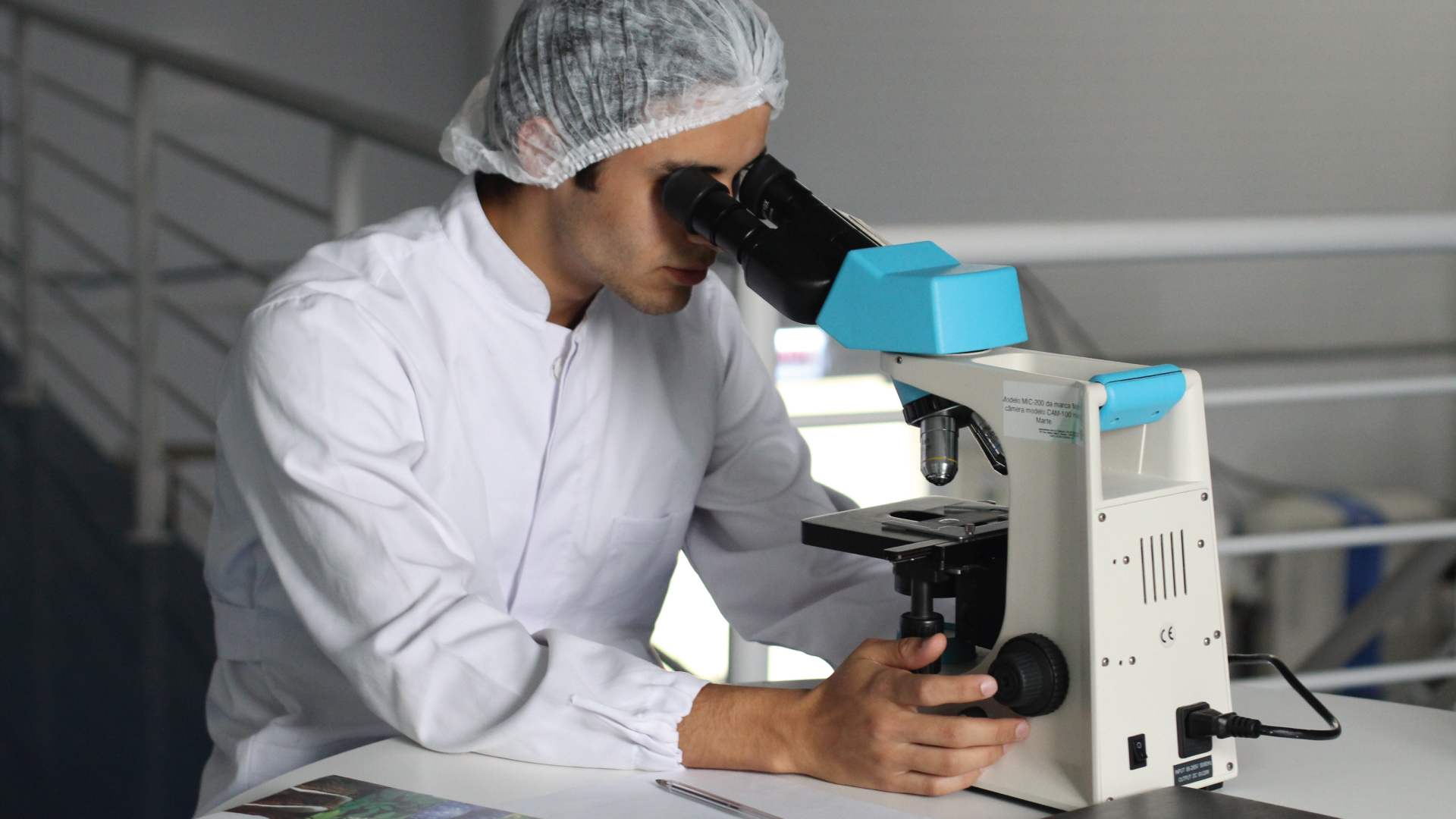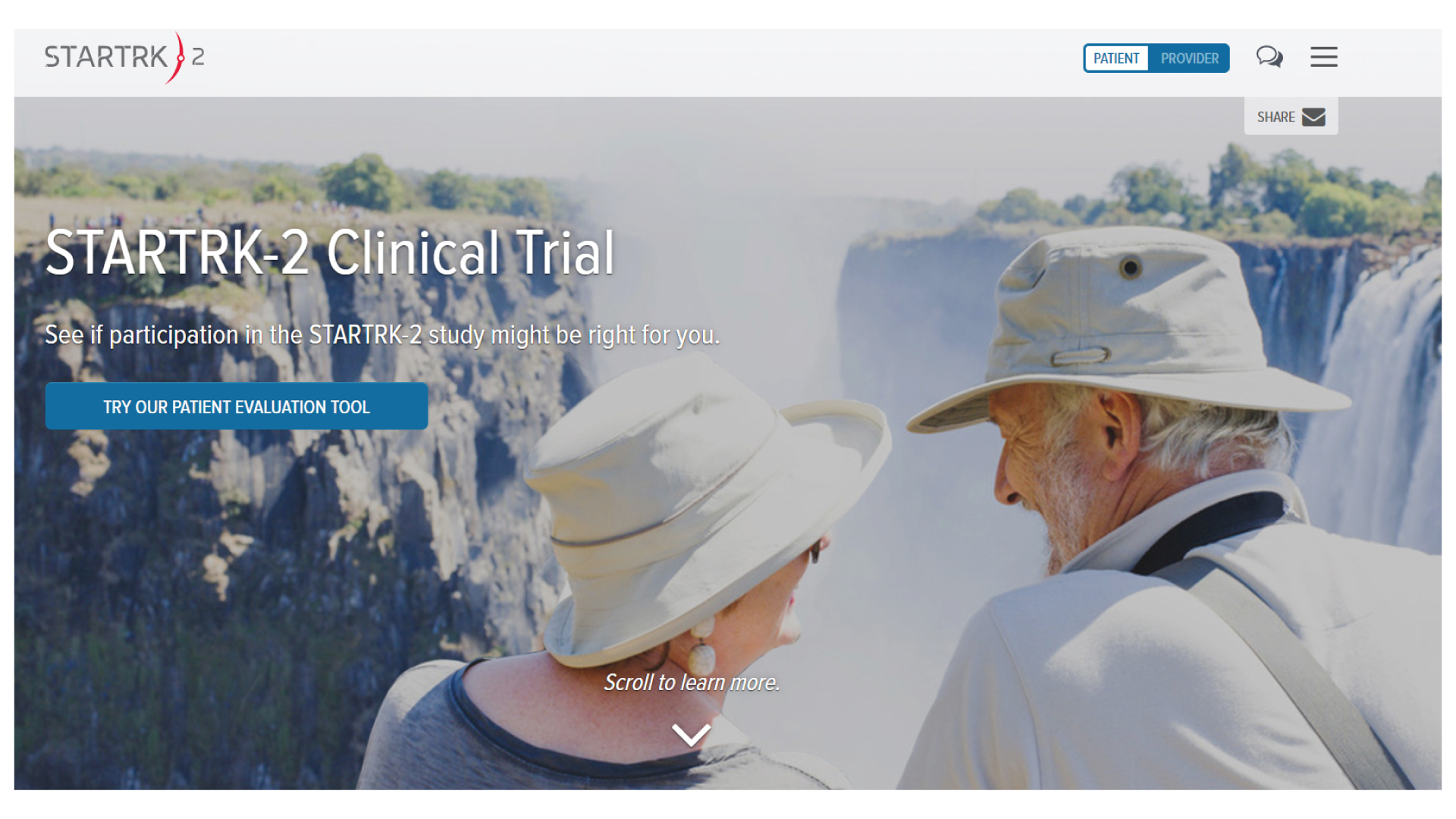Finding a clinical trial can be overwhelming. Patients are often left to search for trials on their own, leaving them with more questions than answers. Fortunately, our friends at The Leukemia & Lymphoma Society provide a free service to take this burden off patients and their families!
Continue readingHave You Heard Of STARTRK2 Ignyta Clinical Trial?
Lacuna Loft’s mission is bringing resources and support to young adult cancer survivors and caregivers. Sometimes that means we run an awesome Writing Group and sometimes that means talking about the importance of clinical trials and other studies in which you can take part.
Ignyta is running a trial and bringing molecular testing to the forefront of cancer cures. From Ignyta:
We’re writing to share information about the STARTRK-2 clinical trial (sponsored by Ignyta) that is currently recruiting patients across the country who have solid tumors harboring NTRK, ROS1, or ALK fusions. Fusions are a certain type of DNA defect that have been reported to be oncogenic, meaning they could be a cause of your cancer. By performing molecular testing on a piece of your tumor tissue, it may determine if your cancer has one of these fusions.
Ignyta can provide no-cost molecular testing to see if you may qualify for the trial. In most cases, this test can be performed on a tumor sample that was previously obtained via biopsy and stored, avoiding the need for a new biopsy.
Eligible patients enrolled into the trial will receive a new investigational drug called Entrectinib. Entrectinib has shown preliminary antitumor activity in many different types of cancers. Click here to learn more about a recent update from our Phase 1 study.
Please speak with your doctor to determine if molecular testing is right for you. You may also contact Ignyta at 1.844.STARTRK or via email at STARTRKtrials@ignyta.com to learn more about the trial and to find a participating study center near you.
Have you been molecularly tested? Interested in other studies? Check out more information we’ve shared recently here.
Research Study For Young Adult Cancer Caregivers!
For many people, young adulthood is a time of exploring and forming their identity. Young adults are often completing their education, establishing a career, and developing intimate relationships. Most young adults do not expect to take care of a loved one with cancer. This is not a typical responsibility for someone their age. Yet, about 1.46 million young adults take care of a cancer patient. When a family member or close friend is diagnosed with cancer, young adults may have to put aside their current activities and future goals to take care of their loved one with cancer. Taking care of a cancer patient can be difficult. It can be especially difficult for young adults who have a lot of other responsibilities, like taking care of young children or starting a dream job. Taking care of a cancer patient can sometimes lead to fear of abandonment, uncertainty, and loss. It can also threaten one’s financial stability. On the other hand, young adults can be protected from the negative parts of caregiving when they feel supported by those around them.
A social network is a group of people, like friends, acquaintances, and coworkers who are connected by interpersonal relationships. Many people use social media, like Facebook and Twitter, to interact with their social networks. Over 97% of young adults use social media in their everyday lives. They use social media to get answers to questions about health, share information, and build relationships. Using social media might help young adults who take care of a cancer patient. This study asks the question, “How does using social media help or hinder a young adult when they start taking care of a cancer patient?” By doing this study, we want to explain how young adults who are taking care of cancer patients can use social media to get the help they need.
If you are between the ages 18-39 years, and you help take care of a friend or family member who has been diagnosed with cancer in the last year, we need your help! Please contact Echo Warner or Austin Waters for more information:
Echo Warner, MPH
Huntsman Cancer Institute
Echo.warner@hci.utah.edu
801.244.7040
Austin Waters
Huntsman Cancer Institute
Austin.waters@hci.utah.edu
801-213-5758
STARTRK2 Ignyta Clinical Trial is still recruiting!
Lacuna Loft believes strongly in helping young adult cancer patients have better access to clinical trials and studies since these young adults are grossly underrepresented. Adolescent and young adult cancer patients haven’t experienced an increase in survival rates since the ’70s and researchers believe that clinical trial participation could help change this! Clinical trials help find cures and we love sharing them with you.
Ignyta is running a trial and bringing molecular testing to the forefront of cancer cures. From Ignyta:
We’re writing to share information about the STARTRK-2 clinical trial (sponsored by Ignyta) that is currently recruiting patients across the country who have solid tumors harboring NTRK, ROS1, or ALK fusions. Fusions are a certain type of DNA defect that have been reported to be oncogenic, meaning they could be a cause of your cancer. By performing molecular testing on a piece of your tumor tissue, it may determine if your cancer has one of these fusions.
Ignyta can provide no-cost molecular testing to see if you may qualify for the trial. In most cases, this test can be performed on a tumor sample that was previously obtained via biopsy and stored, avoiding the need for a new biopsy.
Eligible patients enrolled into the trial will receive a new investigational drug called Entrectinib. Entrectinib has shown preliminary antitumor activity in many different types of cancers. Click here to learn more about a recent update from our Phase 1 study.
Please speak with your doctor to determine if molecular testing is right for you. You may also contact Ignyta at 1.844.STARTRK or via email at STARTRKtrials@ignyta.com to learn more about the trial and to find a participating study center near you.
Interested in other studies? Check out more information we’ve shared recently here.
STARTRK2 Ignyta Clinical Trial!
Lacuna Loft believes strongly in helping young adult cancer patients have better access to clinical trials and studies. Young Adult cancer patients are often underrepresented in clinical trials which is one of the facts researchers point to when citing that adolescent and young adult cancer patients haven’t experienced an increase in survival rates since the 70s, unlike both the younger and older cancer patient populations. Clinical trials help find cures and we love sharing them with you.
We’ve shared about lots of different studies recently. Check them out here if you haven’t already!
Today we’re talking about a trial that Igynta is running. From Ignyta:
We’re writing to share information about the STARTRK-2 clinical trial (sponsored by Ignyta) that is currently recruiting patients across the country who have solid tumors harboring NTRK, ROS1, or ALK fusions. Fusions are a certain type of DNA defect that have been reported to be oncogenic, meaning they could be a cause of your cancer. By performing molecular testing on a piece of your tumor tissue, it may determine if your cancer has one of these fusions.
Ignyta can provide no-cost molecular testing to see if you may qualify for the trial. In most cases, this test can be performed on a tumor sample that was previously obtained via biopsy and stored, avoiding the need for a new biopsy.
Eligible patients enrolled into the trial will receive a new investigational drug called entrectinib. Entrectinib has shown preliminary antitumor activity in many different types of cancers. Click here to learn more about a recent update from our Phase 1 study.
Please speak with your doctor to determine if molecular testing is right for you. You may also contact Ignyta at 1.844.STARTRK or via email at STARTRKtrials@ignyta.com to learn more about the trial and to find a participating study center near you.
Interested in other studies? Check out more information we’ve shared recently here.






